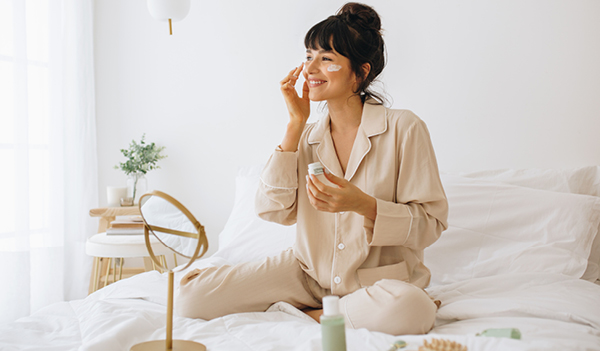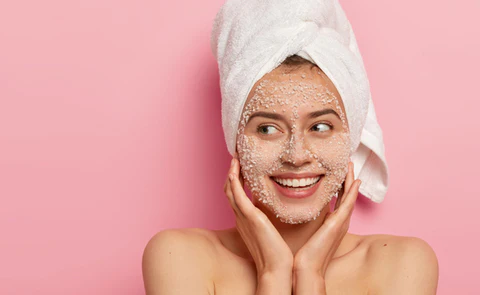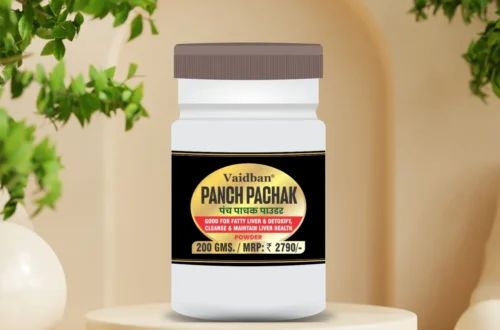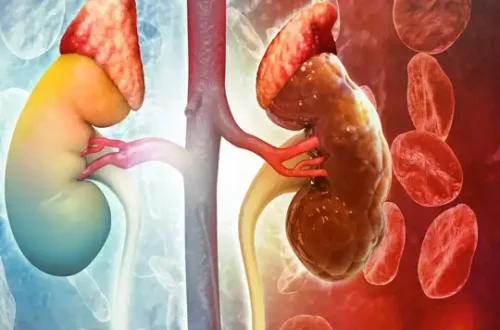Acne and pimples are not just skin conditions; they are also a major source of discomfort and self-consciousness for many. Understanding the root causes and adopting effective prevention strategies can significantly reduce their occurrence. This comprehensive guide offers ten practical tips to help you manage and reduce acne and pimples, ensuring clearer, healthier skin.
1. Maintain a Clean Skincare Routine

Keeping your skin clean is crucial in the battle against acne. Dirt, oil, and impurities can clog pores, leading to breakouts. Wash your face twice daily with a mild, acne-specific cleanser that removes impurities without over-drying your skin. Pat your face dry with a clean towel instead of rubbing it, as this can irritate your skin further.
2. Use Non-Comedogenic Products
When selecting skincare and makeup products, always opt for those labeled “non-comedogenic.” These products are specifically formulated to not block pores, which is vital for preventing acne. This applies to everything from moisturizers and sunscreens to foundations and concealers.
3. Watch Your Diet

Your diet plays a pivotal role in skin health. Foods high in refined sugars and dairy products can trigger or worsen acne. Consider incorporating foods rich in omega-3 fatty acids, antioxidants, and vitamins like berries, nuts, and green leafy vegetables, which help reduce inflammation and improve skin health.
4. Stay Hydrated

Water is essential for maintaining optimal skin hydration and health. It helps flush out toxins from your body that could contribute to acne. Aim to drink at least eight glasses of water a day to keep your skin hydrated and healthy.
5. Consider Over-the-Counter Treatments
For mild acne, over-the-counter treatments containing ingredients like benzoyl peroxide or salicylic acid can be effective. These substances help reduce inflammation and clear clogged pores. However, it’s important to start with lower concentrations to see how your skin reacts and avoid irritation.
6. Never Pop Pimples
Although it’s tempting, popping pimples can push infected material deeper into the skin, leading to more swelling, redness, and even scarring. Instead, use acne treatments and let pimples heal naturally. If a pimple is particularly troublesome, a dermatologist can provide safe and effective treatments.
7. Manage Stress

Stress can exacerbate acne by increasing the production of hormones that make skin oily. It’s important to find healthy ways to manage stress. Regular physical activity, meditation, and ensuring you have time to relax can significantly reduce stress levels.
8. Regular Exfoliation

Exfoliating helps remove dead skin cells that can clog pores. Use a gentle exfoliator designed for acne-prone skin one to two times a week. Avoid harsh scrubs, which can damage skin and aggravate acne.
9. Get Adequate Sleep

Sleep is crucial for overall health and can also affect your skin. Lack of sleep can increase stress and worsen acne. Make sure you get 7-8 hours of quality sleep each night to help maintain hormonal balance and skin health.
10. Consult a Dermatologist
If your acne persists despite your best efforts, consider consulting a dermatologist. They can offer prescription treatments tailored to your skin type and acne severity, such as topical retinoids, antibiotics, or stronger chemical peels.
Conclusion
Combating acne requires a combination of good skincare practices, healthy lifestyle choices, and sometimes, professional help. By following these ten tips, you can significantly reduce the frequency and severity of your breakouts, paving the way for clearer, more radiant skin.
If you have any queries related to medical health, consult Subhash Goyal or his team members on this given no +91 88008 25789, +91 99150 99575, +918283060000






